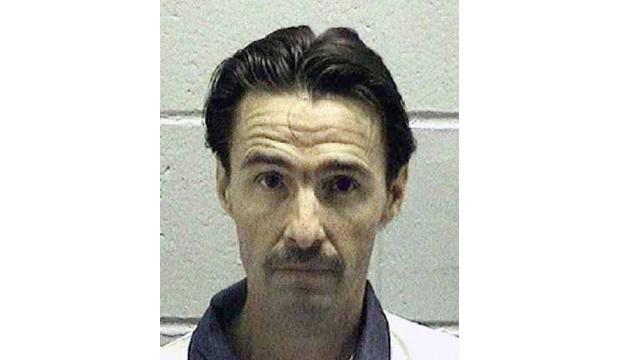Section Branding
Header Content
Georgia Sets Execution For Man Convicted Of Killing Doctor
Primary Content
A Georgia death-row inmate convicted of killing a 73-year-old doctor 25 years ago is set for execution next month, the state's attorney general said Wednesday. He would be the first inmate executed in the state this year.
J.W. Ledford, 45, is scheduled to die by injection of the barbiturate pentobarbital on May 16 at the state prison in Jackson, Attorney General Chris Carr said in a news release. Ledford was convicted of murder in the slaying of his neighbor, Dr. Harry Johnston, near his home in Murray County, in northwest Georgia.
Attorneys for Ledford have asserted that he is intellectually disabled and, therefore, ineligible for execution. State and federal courts have consistently rejected that argument.
According to a Georgia Supreme Court summary of the case, Ledford went to Johnston's home on Jan. 31, 1992, to ask for a ride to the grocery store. During the drive, the older man accused Ledford of stealing and drove home, Ledford told police.
Johnston exited the truck and smacked Ledford, causing him to fall to the ground, before pulling a knife from a sheath on his belt and cutting Ledford's hand, Ledford told police. Ledford pulled out his own knife and stabbed Johnston in the neck and then pulled the knife from Johnston's neck and cut him more, Ledford told police.
After dragging Johnston's body to another part of Johnston's property and covering it up, Ledford went to Johnston's house with a knife and demanded money from Johnston's wife, the summary says. He took money and four guns from the home, tied up Johnston's wife and left in Johnston's truck.
Ledford told Johnston's wife he was doing this "for drugs," a federal appeals court opinion says.
Ledford pawned a rifle and shotgun he had taken before driving to a convenience store to buy a pack of cigarettes. Police pulled him over a short time later as he drove down a highway, the federal appeals court opinion says. They seized two handguns, a buck knife and $245.
While in custody, Ledford confessed in writing to killing Johnston and then took police to the place where he had thrown his knife out the window of Johnston's truck, and officers were able to recover the knife.
A pathologist who performed an autopsy on Johnston's body testified at trial that Johnston had a non-fatal, 1- inch-long (2.5-centimeter-long) stab wound on his back, a large and deep cut on the side of his face, a large and deep cut on the left side of his neck and several other cuts on his neck, including one that cut his windpipe, according to court filings. The pathologist concluded that it took about eight or nine minutes for Johnston to bleed to death after he was wounded.
Evidence at trial showed Ledford had used alcohol and drugs on the day Johnston was killed and the general consensus was that he had drunk between three and six beers and smoked between two and 10 marijuana joints in the hours before he went to Johnston's house, according to the federal appeals court opinion.
Ledford would be the first inmate executed this year in Georgia. The state executed nine inmates last year, more than any other state and the most Georgia had executed in a single calendar year since the U.S. Supreme Court allowed the death penalty to resume 40 years ago.
Bottom Content




